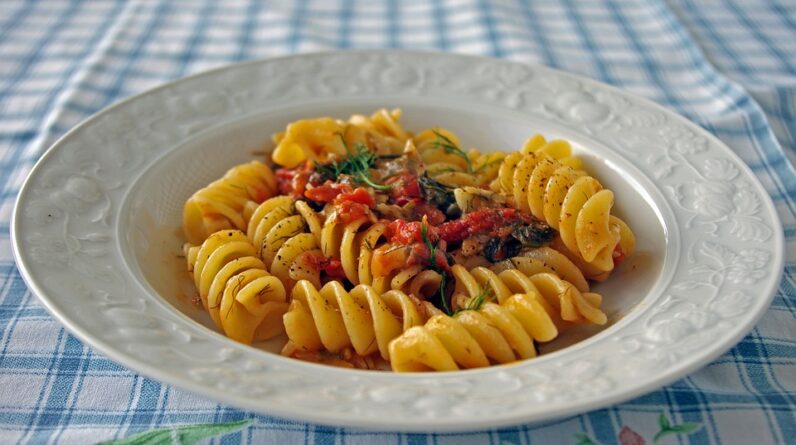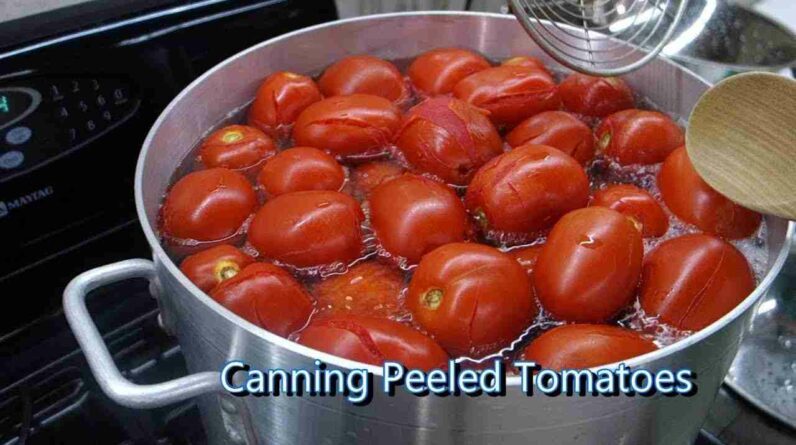Italy is renowned for its rich viticultural heritage and diverse grape-growing regions. Among its many wine styles, orange wines have emerged as a unique and captivating choice, sparking interest from both seasoned wine aficionados and curious newcomers. Originating from ancient winemaking traditions, these wines offer a new dimension of flavor and texture. This article explores the allure of Italian orange wines, delves into the process of skin-contact fermentation, and discusses the significance of amphora aging.
What Are Orange Wines?
Despite their name, orange wines are not made from oranges; rather, they are white wines produced through extended skin contact with grape skins. This winemaking method has ancient roots, especially in the regions of Italy. The result is a wine that exhibits a characteristic orange hue, alongside distinct flavors and aromas.
The Rise of Orange Wines
The revival of orange wines has been spurred by a growing interest in natural wines and traditional winemaking techniques. In recent years, wine drinkers have become more adventurous, seeking out complex and unique flavors. As a result, orange wines have made their way out of niche circles and into the mainstream, capturing the imagination of wine lovers around the world.
Understanding Skin-Contact Fermentation
The Process of Making Orange Wine
The most distinctive feature of orange wine is its production method. The process begins with the same grapes used for traditional white wine, but here’s where the difference lies: the grape skins are left intact during fermentation. This technique allows for the extraction of tannins, phenolics, and flavors, which significantly influences the wine’s character.
-
Choosing the Grapes: Common varietals used to produce orange wines in Italy include Pinot Grigio, Verdicchio, and Malvasia. The choice of grape plays a critical role in the final flavor profile.
-
Fermentation: After harvesting, the whole grapes are typically pressed, and the juice is combined with the grape skins. Fermentation can take place in open containers or vats, allowing for a natural flow of oxygen. This extended maceration gives the wine its signature orange hue and imparts complexity.
- Aging: Once fermentation is complete, the wine can be aged further in various containers, including stainless steel, oak barrels, or amphorae. Each aging method contributes unique characteristics to the final product.
Amphora Aging: A Timeless Tradition
What Are Amphorae?
Amphorae are ancient clay vessels that have been used throughout history for fermenting and aging wine. Their design allows for a slow, natural oxygen exchange, creating a unique microenvironment for wine maturation. Italian winemakers are increasingly utilizing amphorae in the production of orange wines, tapping into the traditions of their ancestors.
The Benefits of Amphorae
-
Oxygen Permeability: The porous nature of clay allows for gentle oxygenation, which can soften the tannins and develop complexity over time. This is particularly beneficial for skin-contact wines, as it helps balance their robust character.
-
Flavor Enhancement: Amphorae can impart a subtle, earthy quality to the wine, enriching its flavor profile. Additionally, the use of unglazed amphorae avoids the overpowering influence that barrels can sometimes provide.
- Historical Connection: Employing amphorae connects winemakers to a long-standing tradition that pre-dates modern techniques. This approach speaks to the authenticity and terroir-driven aspects of winemaking.
Flavor Profiles of Italian Orange Wines
Italian orange wines are celebrated for their complexity. The result of skin contact fermentation and amphora aging yields various intriguing characteristics.
-
Aromas: Expect to find a bouquet of floral notes alongside aromas of dried fruit, honey, nuts, and even herbal qualities. The skin contact enhances these fragrances, making for a multidimensional aromatic experience.
-
Tannins and Texture: The presence of skins during fermentation contributes to a tannic structure not typically found in white wines. As a result, orange wines often have a fuller mouthfeel and a richer, more robust palate.
- Taste Range: Flavors can vary significantly based on grape variety and production methods. Common tasting notes include apricot, orange peel, spice, and even savory elements like tobacco or marzipan.
The Pairing Potential of Orange Wines
The versatile nature of orange wines makes them excellent companions for a wide variety of foods. Their unique flavor profiles allow them to stand up to both delicate and hearty dishes.
-
Cheeses: Pair with aged cheeses, particularly those with nutty or earthy notes, such as Pecorino or aged Gouda.
-
Seafood: They can complement richer seafood dishes like grilled octopus or sardines, enhancing the umami flavors.
- Meat Dishes: Orange wines also pair beautifully with roasted meats and game, where their tannin structure can balance the richness of the dish.
The Future of Italian Orange Wines
The allure of Italian orange wines continues to grow as more winemakers explore traditional techniques intertwined with modern innovation. Consumers are increasingly embracing these wines, eager to explore their uniqueness. As a result, we are likely to see even more diverse expressions of orange wines in the future.
Frequently Asked Questions (FAQs)
1. Are orange wines vegan-friendly?
Yes, many orange wines are produced using natural methods that avoid animal-derived fining agents, making them suitable for vegans.
2. How should orange wines be served?
Orange wines are typically served slightly chilled, around 50-55°F (10-13°C), similar to a light red wine.
3. Are orange wines sweet or dry?
Orange wines can range from dry to slightly sweet, but they are most commonly produced in a dry style.
4. How long can orange wines be aged?
With proper storage, many orange wines can age well for several years, with some producers even suggesting potential for decades of development.
5. Can I drink orange wine alone?
Absolutely! Orange wines have complex flavor profiles that make them enjoyable on their own, though they shine even more when paired with food.
Conclusion
The allure of Italian orange wines lies in their rich tradition, unique production methods, and complex flavor profiles. With many winemakers embracing both historical techniques and innovative practices, these wines are redefining the white wine experience. As wine enthusiasts continue to explore the diverse offerings of Italy’s vineyards, orange wines will undoubtedly carve out a respected place in the world of wine. Whether you’re sipping solo or enjoying them with a meal, orange wines promise an exhilarating journey for the palate.
If you enjoyed this article and want to learn more about Italian Cuisine, please visit https://pizzapartiesofamerica.com/








